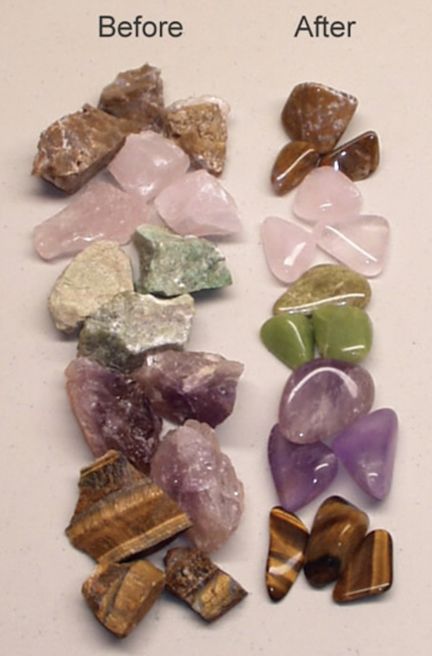Carrying Our Certificate of Authenticity
Apparently, the art market can be an overwhelming place for many artists. When an artist goes into business for themselves or just sells their art pieces, there are some things they need to introduce themselves and their business to professionally. One of the most valuable additions to any artist’s business is a certificate of authenticity (CoA).

A certificate of authenticity is a powerful tool in guaranteeing their integrity as an artist. It is best for this document to go with every piece of artwork they create. A certificate of authenticity gives a buyer the knowledge that they are professional, their work is of good quality, and their purchase is a sound investment. It also contributes to the level of trust in the artist's relationship with customers and helps them stand out in the art market.
As born again children of the Savior, we are called to be "conformed to His image" (Romans 8:29). We are His "workmanship," His "masterpiece" created for this purpose (Ephesians 2:10). As the great Master, He stamps us in many ways with His seal of approval, His Certificate of Authenticity.
Persecution is a part of that certification. "Remember the word that I said to you: ‘A servant is not greater than his master.’ If they persecuted me, they will also persecute you." (John 15:20, ESV).
Responding to persecution with joy, knowing we will receive a reward in Heaven and are in good company, reveals to others that we are Jesus’ disciples.
“Blessed are those who are persecuted for righteousness' sake, for theirs is the kingdom of heaven. Blessed are you when others revile you and persecute you and utter all kinds of evil against you falsely on my account. Rejoice and be glad, for your reward is great in heaven, for so they persecuted the prophets who were before you" (Matthew 5:10-12, ESV).
Compartmentalized Christianity
"The next time you’re standing in your kitchen, bedroom, or at your desk, I want you to look at drawers. Yes, drawers. ...
"Sadly, many people who call themselves Christians live functionally compartmentalized lives. Whether they realize it or not, they have divided their lives neatly into two drawers: real life and spiritual life.
"The real life drawer is the one they dig into frequently and are most comfortable with. It contains all the stuff of everyday life, like their job, physical health, friends and family, leisure, money, possessions, and daily routine.
"This drawer dominates their thinking and their doing. It’s where they expend most of their emotional and physical energy, and where most dreams will be realized or dashed. ...
"Then they have a second drawer—the spiritual life drawer. All the “God” stuff goes here. It’s the drawer for Sunday worship, small group, tithes and offerings, short-term missions trips, and the evangelistic conversations with neighbors or extended family members.
"Yes, they believe in Jesus, his forgiveness, and the eternity to come, but these beliefs don’t have a radical impact on the way they think about themselves and life in general. Their faith is an aspect of their life, but not something that shapes everything in their life ... "

"Ask yourself: on any given day, what most influences the way that I think about myself and my life? What is the driving factor for the majority of what I think, say, and do?
"The biblical narrative and worldview only has one drawer—it’s called the gospel in everyday life. Everything goes in that drawer! Scripture asserts that you were bought with a price (the life and death of Jesus), so you don’t belong to you anymore. (Actually, because of creation, you never did belong to you!)
"God has a radical, single-drawer purpose for your life. The best word for that purpose is ambassador (see 2 Corinthians 5:20). The only thing an ambassador does is represent the ruler who sent them—every day, all the time, in everything you do.
"Therefore, your purpose in life is to make the invisible presence of Jesus visible in the lives of others. You are the look on Christ’s face. You are the tone of his voice. You are the touch of his hands. You are the physical representative of his grace.
"This is your mission in every situation, location, and relationship of your life—to make the grace of the invisible King visible. ..."
"We are therefore Christ’s ambassadors, as though God were making his appeal through us. We implore you on Christ’s behalf: Be reconciled to God" (2 Corinthians 5:20, NIV).
“No one can serve two masters, for either he will hate the one and love the other, or he will be devoted to the one and despise the other. You cannot serve God and money" (Matthew 6:24, ESV).
Burnishers of the Soul
Rock tumblers are used to bring out the beauty of certain rocks and minerals. But before the tumbler is turned on, along with the rocks, an abrasive grit is added to the mix. As the motorized barrel turns, the grit between the stones creates friction, which wears off the rough edges, smoothing out the rocks. This transforms them into brightly polished stones.

Living in a random environment leaves us exposed to an abrasive world. Although the rough and tumble of it all may seem chaotic to us, the churning has the very specific goal of chipping away at anything about us that doesn’t look like Jesus. James called these burnishers of the soul “trials of various kinds” (James 1:2, ESV). Paul referred to them as the “all things” that work for our good (Romans 8:28, NKJV). Every bit of grit they bring to the tumbler of life is intended to help us in taking yet another step in becoming more like Jesus!